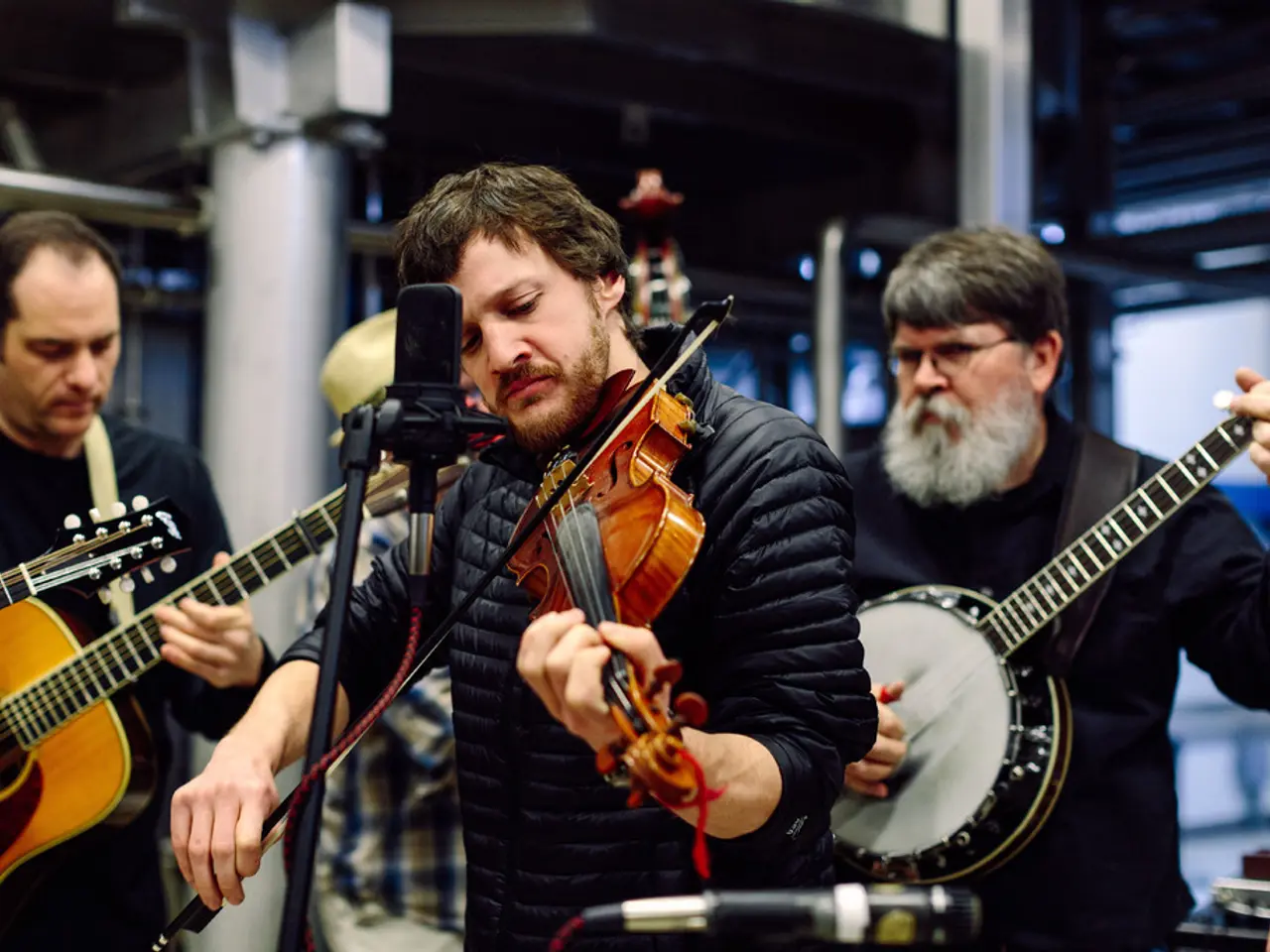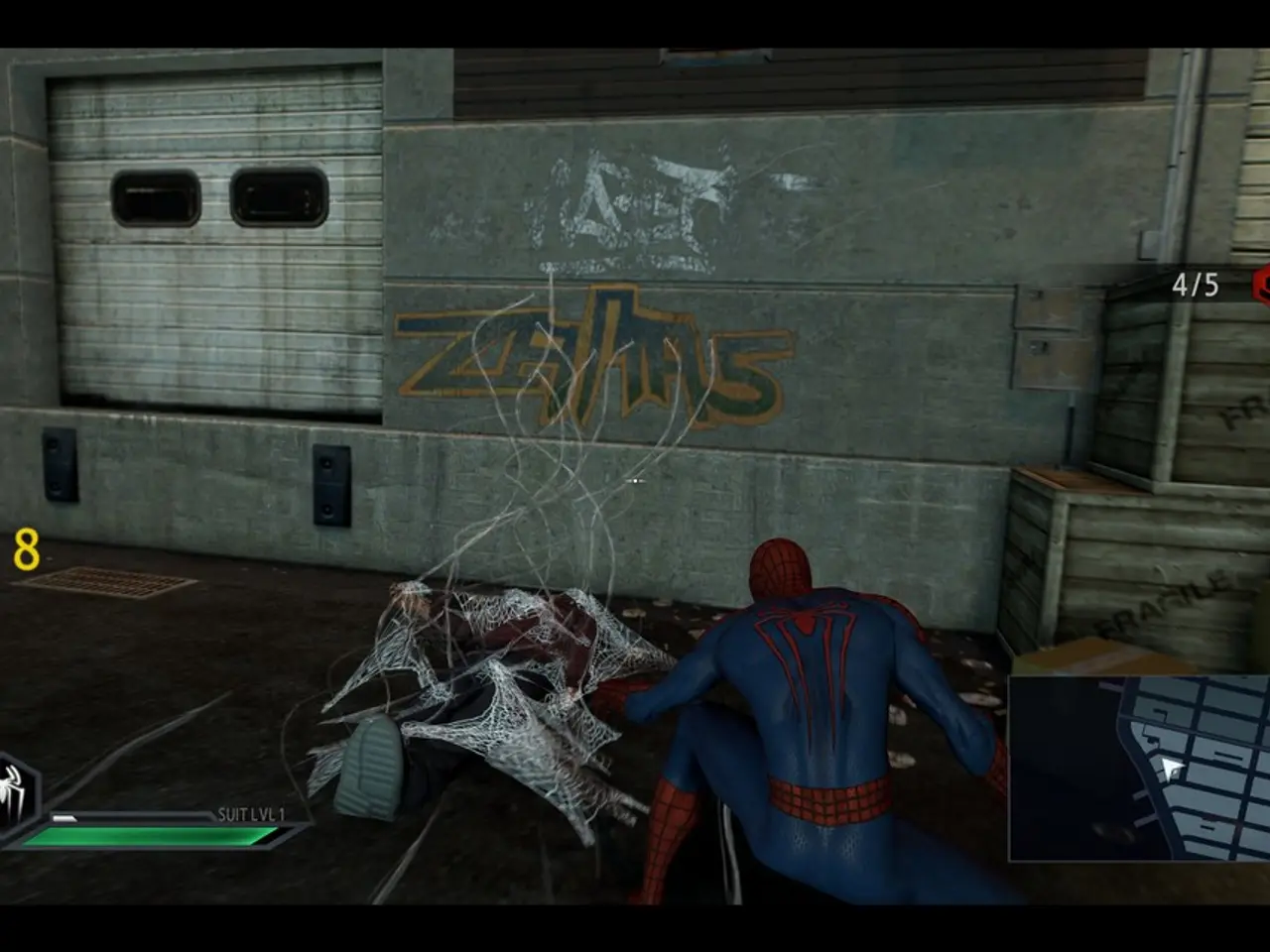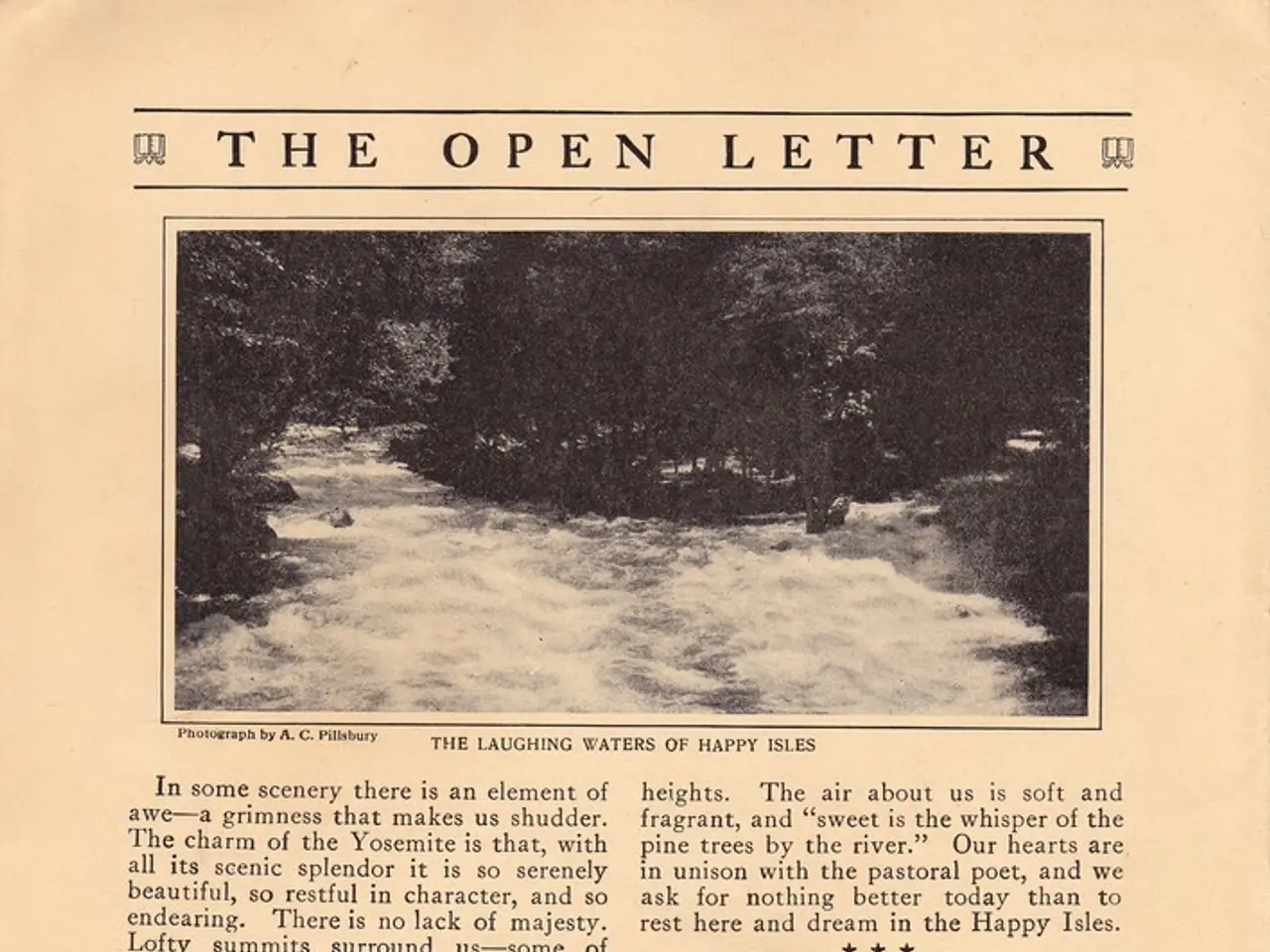Renowned jazz and salsa pianist Eddie Palmieri passes away.
Eddie Palmieri, a pioneering American pianist, bandleader, composer, and arranger of Puerto Rican descent, passed away at the age of 88 in his home in New Jersey. His death was announced by Fania Records, the label that released several of his recordings.
Born in New York in 1936, Palmieri was the son of Puerto Rican immigrants. He began his career in the 1950s playing in various Latin orchestras before forming his influential band La Perfecta in 1961. This band introduced the unique "trombanga" sound by replacing violins with a trombone section.
Musically, Palmieri's style was marked by a percussive piano technique and bold arrangements that expanded Latin music's boundaries. His work with groups like the Fania All-Stars and collaborations with other prominent musicians underscored his role as a leader and innovator. Albums such as Harlem River Drive blended Black and Latin sounds, highlighting his experimental edge.
Palmieri was celebrated for his experimental style, which blended Afro-Caribbean sounds with jazz, rock, or funk. He was nicknamed "Rompeteclas" (Piano Wrecker) and "The Madman of Salsa" due to his electrifying concert style where he sometimes pounded the piano with his elbows.
In addition to his musical achievements, Palmieri was also an advocate for social causes. His song "Justicia" contains lyrics such as "If there were no tyranny, we would all be brothers." In his song, Palmieri demands equality for blacks and Puerto Ricans living in the U.S.
As a composer and bandleader, Palmieri was one of the pioneers of the Salsa boom in the 1970s and 1980s. In 1975, he became the first Latino to win a Grammy and went on to win seven more. His classics include "Vámonos Pa'l Monte," "Azúcar," "Café," and "La Malanga."
Palmieri's older brother Charlie was also a gifted pianist who died in 1988. Palmieri cited Thelonious Monk, Herbie Hancock, and his older brother Charlie as influences.
In 1972, Palmieri gave a concert for the inmates of Sing Sing prison in New York, which was also released as a live album. Palmieri's career paralleled a broader Hispanic cultural movement in New York City during the mid-20th century that promoted Latin identity and pride through music. He was considered a tireless advocate for Latin music and culture, mentoring younger musicians and serving as a cultural ambassador.
Eddie Palmieri's biography encompasses a distinguished musical career defined by innovation and genre fusion, along with significant contributions to Latin cultural activism and mentorship over several decades. His legacy includes not only musical achievements but also his role in inspiring Hispanic audiences and musicians, helping to elevate Latin music on the global stage.
Celebrities and entertainment circles mourned the loss of Eddie Palmieri, a trailblazing figure in the music industry, known for his groundbreaking work in Latin music. Palmieri's innovative style, which blended Afro-Caribbean sounds with jazz, rock, or funk, earned him the nickname "The Madman of Salsa" and placed him at the forefront of the Salsa boom in the 1970s and 1980s, even leading to a record-breaking seven Grammy wins.







